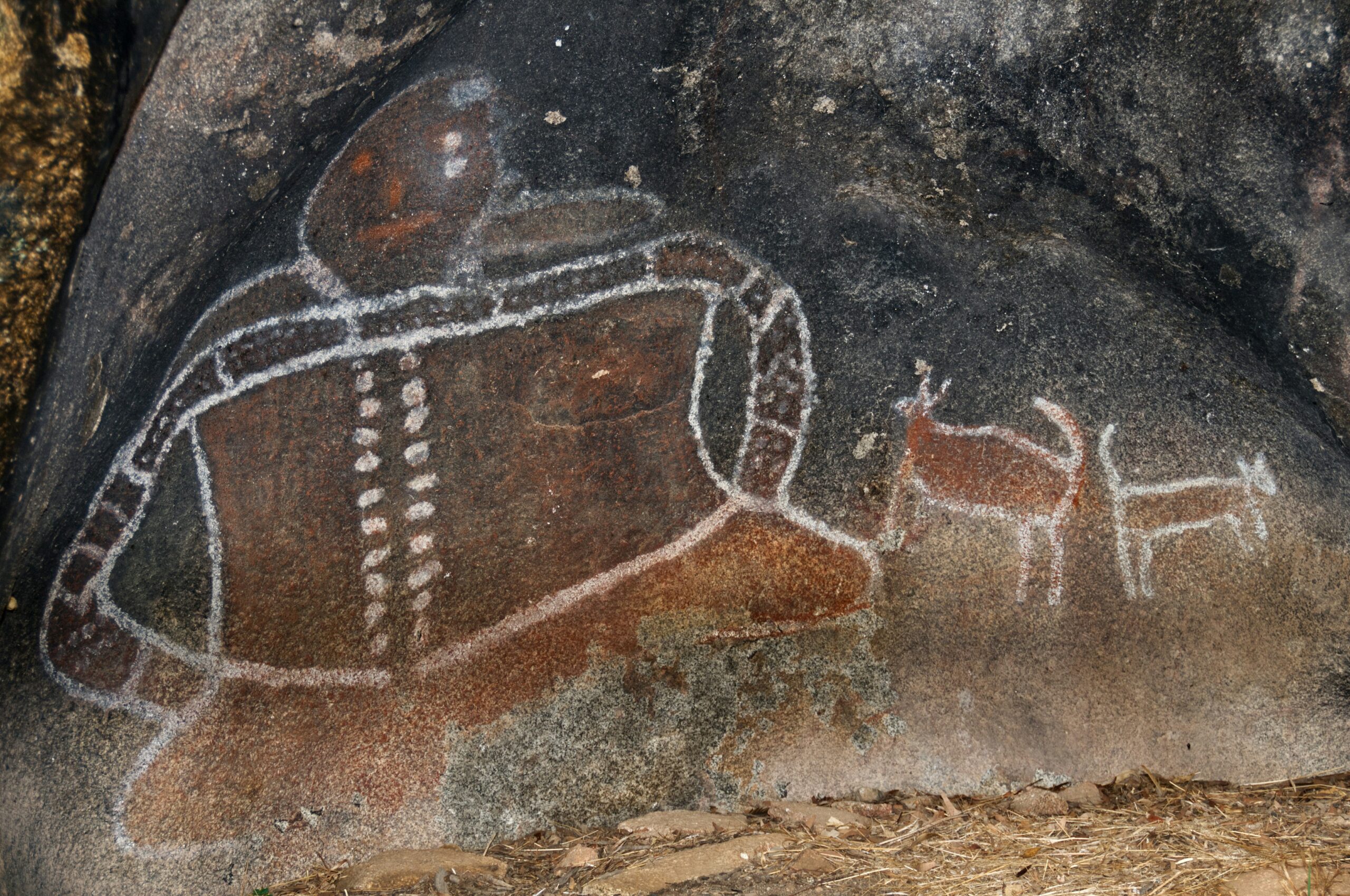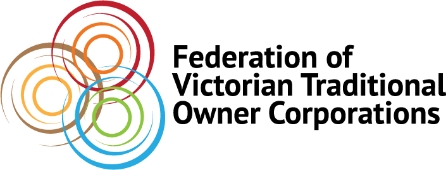Cultural heritage is what is culturally meaningful to Aboriginal peoples: knowledge, customs, places, stories, songlines, lore, art, objects and more.
Aboriginal and Torres Strait Islander cultures are the oldest living cultures in the world. Knowledge and custom have been passed on for 65,000 years, which will continue into the future. Everyone has a role to play in respecting, recognising and valuing Aboriginal and Torres Strait Islander cultural heritage, and acknowledging the role played by Traditional Owner Corporations in its management.
“…landscapes, waters and seas, collectively referred to as ‘Country’, are alive with a profusion of heritage places. Imbued with the essence of ancestral beings that created them, it is through these places that family descent and kinship connections flow. Is it this connection that gives owners’ rights, responsibilities, and duties to Country.”
—Dhawura Ngilan: A vision for Aboriginal and Torres Strait Islander heritage in Australia
Photo: Bunjil’s Shelter, Black Range Scenic Reserve, René Riegal
In Victoria, Traditional Owner groups formally recognised as Registered Aboriginal Parties are the primary source of cultural authority. Their roles include evaluating cultural heritage management plans, making decisions about cultural heritage agreements and permits, and advising on protection declarations.
Learn more about the role of Traditional Owner groups in cultural heritage protection.
The Federation contributes Victorian Traditional Owner perspectives on cultural heritage with governments and decision-makers. Key submissions include:
- Submission to the Consultation on Proposed Fake Art and Broader ICIP Legislation 2024
- Submission on the Declaration on the Rights of Indigenous Peoples in Australia 2022
The Federation is concerned about the lack of protection for cultural heritage and the scale of loss experienced by Traditional Owners, and has consistently called for the strengthening of the Victorian Aboriginal Heritage Act 2006.
Dhawura Ngilan
Dhawura Ngilan (remembering Country) provides a roadmap and best practice standards for improved approaches to Aboriginal and Torres Strait Islander heritage management.
State of Victoria’s Aboriginal Cultural Heritage Report
The State of Victoria’s Aboriginal Cultural Heritage Report 2016-2021 establishes a benchmark for cultural heritage and assesses what must happen to better support Traditional Owners to control and manage their cultural heritage.
State of the Environment Report
The 2021 State of the Environment Report provides an independent, comprehensive and evidence-based assessment of the state of Australia’s environment. It was the first State of the Environment report to use an Indigenous co-authorship model to embed Traditional Owner knowledge, values and perspectives in assessment and decision-making. Heritage was one of 12 environmental themes examined.


